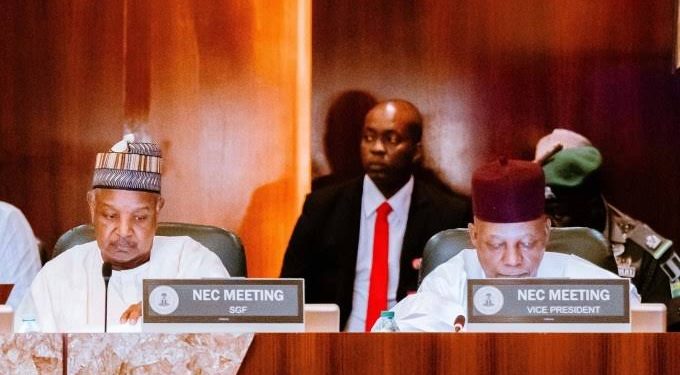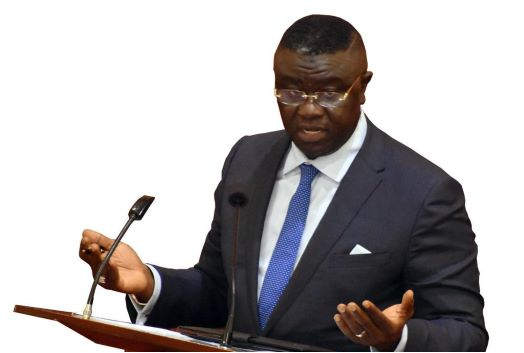The National Economic Council (NEC) has endorsed the framework for Nigeria’s new five-year development agenda, the Renewed Hope Plan 2026–2030, aimed at consolidating reforms and steering the country towards a $1 trillion economy by the end of the decade.
The decision was taken at the council’s 151st meeting in Abuja, chaired by Vice President Kashim Shettima. The new plan will succeed the National Development Plan 2021–2025, which expires in December next year.
According to the council, the Renewed Hope Plan will deepen policy continuity, strengthen reforms, and align with Nigeria Agenda 2050. Shettima described the transition as a bridge between lessons learnt and ambitions pursued, stressing that it would be a practical roadmap for economic transformation.
Unlike past approaches, the plan will adopt a participatory process involving state and local governments, civil society, the private sector, labour unions, and youth groups. The Federal Ministry of Budget and Economic Planning will oversee the design and coordination of the plan, with three governance structures—National Steering Committee, Central Working Group, and Technical Working Groups to guide its implementation. Preparations are set to begin in September, with the plan expected to be launched before the end of the year to guide the 2026 budget.
On sectoral interventions, NEC highlighted progress by the National Agency for Science and Engineering Infrastructure (NASENI) in scaling up local production of solar-powered irrigation pumps. The initiative is designed to cut farmers’ energy costs, boost dry-season cultivation, and reinforce food security.
The meeting also addressed national health priorities. The council directed the Accountant General of the Federation to accelerate the release of funds for the next round of the polio immunisation campaign scheduled for September. Governors disclosed that while Nigeria remains free of wild poliovirus, a vaccine-derived variant continues to pose a challenge in the North-west. Gombe State Governor revealed that reported cases dropped from 78 in 2024 to 42 this year, with Sokoto State accounting for more than half of the new cases in 2025.
Authorities are intensifying surveillance and cross-border vaccination, with a second round of campaigns across 11 high-risk states slated for September and a nationwide rollout in October. Integrated health services, including maternal care and malaria prevention, will also be provided to boost acceptance at community level.
In addition, NEC reviewed the country’s fiscal balances as at August 27, 2025. The Excess Crude Account stood at $535,823.39, the Stabilisation Account at N78.45 billion, and the Natural Resources Account at N106.72 billion.
Council members commended the Ministry of Budget and Economic Planning for initiating work on the new development framework and urged states and stakeholders to participate fully to ensure inclusivity and accelerated growth.
The Renewed Hope Plan, they emphasised, will serve as the cornerstone for policy direction and economic planning over the next five years, laying the foundation for Nigeria’s ambition of a $1 trillion economy by 2030.










